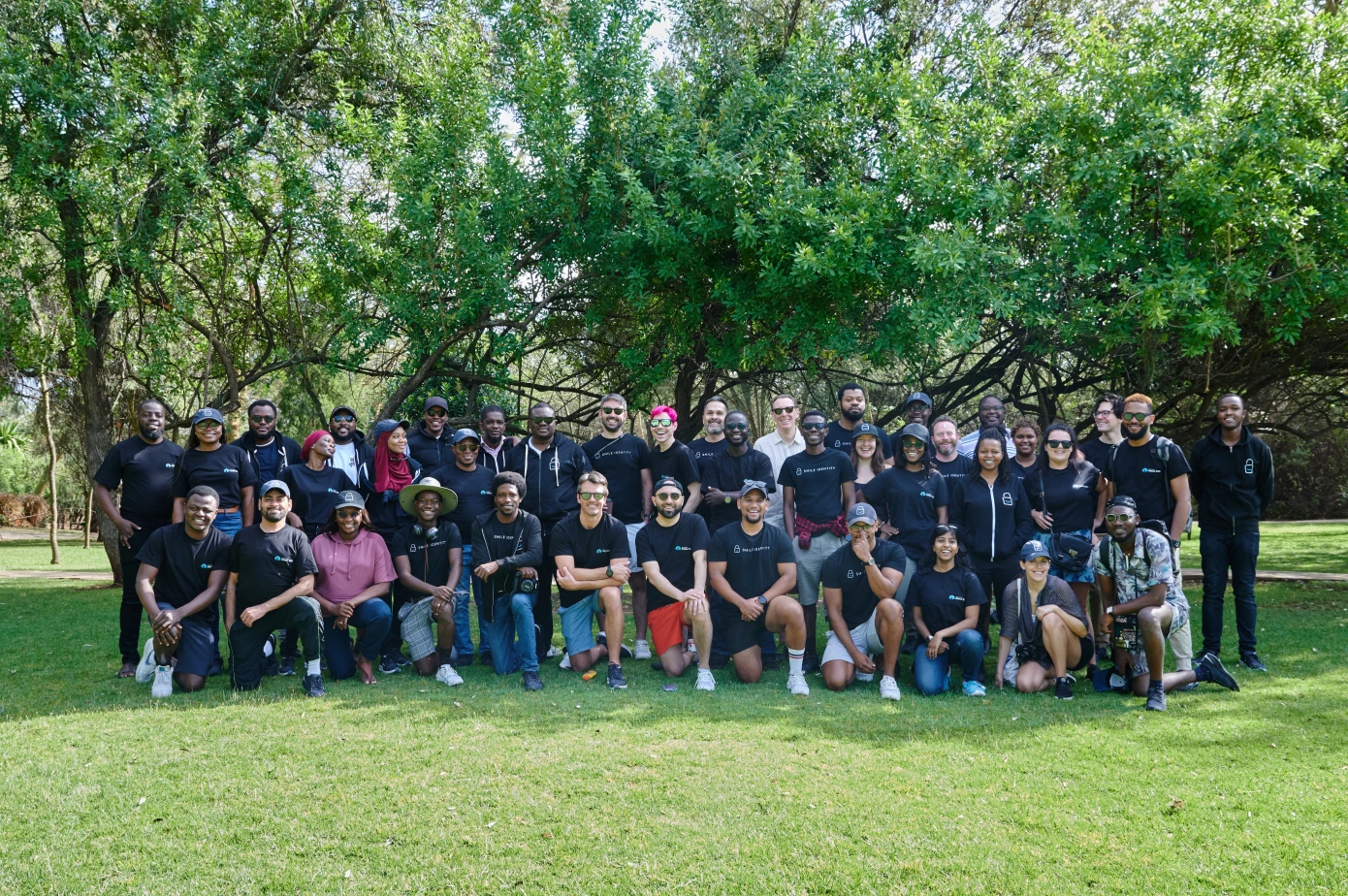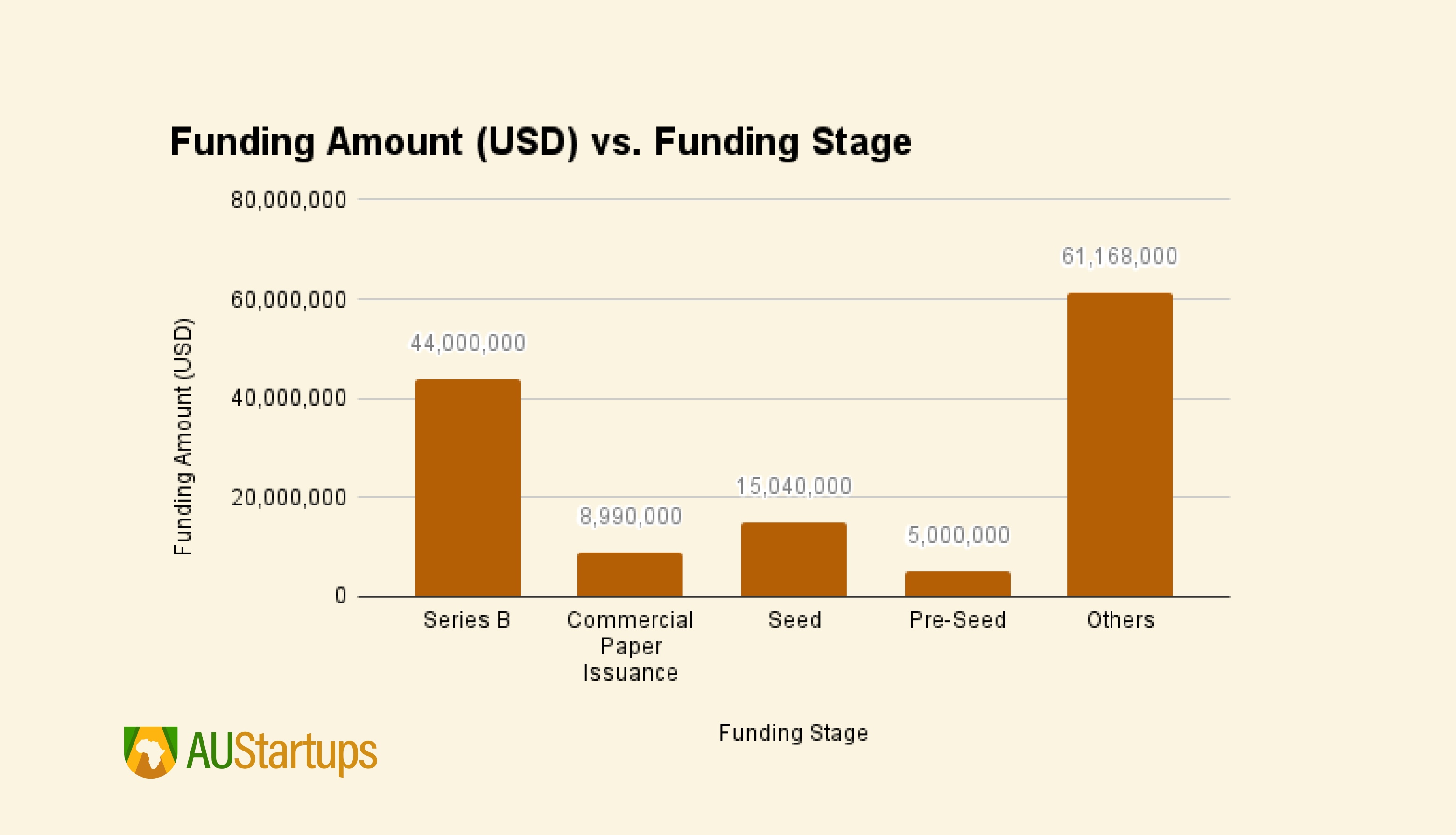In a landmark move, Nigeria has unveiled its National Artificial Intelligence Strategy (NAIS) for 2024–2028, signaling its ambition to lead Africa into the era of AI-driven innovation. This comprehensive strategy aims to harness artificial intelligence as a transformative tool for socio-economic development, technological leadership, and global competitiveness. With its youthful population, vibrant startup ecosystem, and growing tech industry, Nigeria is uniquely positioned to become a hub for ethical and inclusive AI innovation.
The strategy reflects a commitment to tackling national challenges, fostering sustainable growth, and ensuring that the benefits of AI reach all corners of society. It represents a carefully crafted balance between ambition and actionability, laying the foundation for Nigeria to emerge as a leader in Africa’s technological renaissance.
A Vision Rooted in Innovation
At the heart of NAIS is a bold vision: to transform Nigeria into a global leader in AI through responsible, ethical, and inclusive innovation. This vision is not just about technological advancement but about creating a society where AI drives economic prosperity, social inclusion, and improved quality of life for all citizens.
The strategy’s objectives span three core areas. First, it focuses on driving economic growth by enhancing productivity in agriculture, manufacturing, and services while fostering new industries and attracting foreign investment. Second, it seeks to address socio-economic challenges such as poverty and inequality, leveraging AI to improve healthcare, education, and financial inclusion. Lastly, the strategy underscores the importance of technological leadership, aiming to build a strong local AI research ecosystem and establish Nigeria as a key player on the global stage.
Pillars of Progress
The NAIS outlines five interconnected pillars to achieve its ambitious goals. These pillars provide a structured framework for building a robust AI ecosystem that balances innovation with ethical considerations.
The first pillar focuses on developing foundational AI infrastructure. Recognizing the importance of technology access, the strategy emphasizes the establishment of affordable high-performance computing resources and clean energy-powered AI clusters. By reducing dependency on foreign technology and fostering local innovation, Nigeria aims to create a sustainable and self-sufficient AI ecosystem.
The second pillar centers on building and sustaining a world-class AI ecosystem. This involves creating AI Centers of Excellence to lead research, development, and ethical oversight while fostering international collaborations. Talent development is a key priority, with plans to introduce AI-focused curricula, training programs, and initiatives to address the current skills gap. The strategy also highlights the need for partnerships with global AI leaders to drive knowledge exchange and innovation.
The third pillar is dedicated to accelerating AI adoption across key sectors. Nigeria’s unique challenges and opportunities provide fertile ground for AI applications in agriculture, healthcare, and education. The strategy includes detailed roadmaps for integrating AI into these sectors, showcasing successful use cases that can inspire further investment and adoption. It also emphasizes the importance of data-driven decision-making, ensuring that reliable, high-quality data fuels AI systems across industries.
The fourth pillar prioritizes responsible and ethical AI development. Public trust in AI systems is vital, and the strategy addresses this by establishing a robust framework for ethical governance. A dedicated AI Ethics Expert Group will oversee the development and implementation of principles that promote fairness, transparency, and accountability. Public awareness campaigns are also planned to educate citizens on the benefits and risks of AI, fostering trust and inclusivity.
The fifth pillar focuses on creating a strong governance framework. Clear policies and guidelines will ensure that AI systems are developed, deployed, and managed responsibly. A regulatory body will oversee compliance, while risk management strategies will address potential challenges, including data privacy, security, and job displacement.
Opportunities and Challenges
While the NAIS presents exciting opportunities, it also acknowledges the challenges ahead. Nigeria’s youthful and tech-savvy population is a significant asset, offering a ready pool of talent to drive AI innovation. The country’s vibrant startup ecosystem provides fertile ground for entrepreneurial growth, with increasing investments in technology-driven sectors.
However, infrastructure gaps, such as unreliable energy and limited broadband access, pose significant hurdles. The strategy recognizes the need to address these challenges through targeted investments and policy reforms. Talent shortages and brain drain remain pressing issues, and the NAIS includes initiatives to attract and retain skilled professionals, such as international talent transfer programs and expanded training opportunities.
The ethical dimension of AI development is another critical focus. The strategy emphasises the importance of fairness, inclusivity, and transparency, aiming to build public trust and ensure that AI technologies serve the common good.
A Call to Action
Nigeria’s National AI Strategy is more than a policy document; it is a call to action for all stakeholders—government, industry, academia, and civil society. By aligning AI development with national goals and ethical principles, the strategy lays the groundwork for transformative change. It reflects a vision of a future where technology is a force for good, driving progress and prosperity while upholding human dignity and values.
As Nigeria embarks on this ambitious journey, its strategy sets an inspiring example for other African nations. It demonstrates that with a clear vision, collaborative effort, and a commitment to inclusion, AI can be a powerful tool for addressing the continent’s most pressing challenges and unlocking its boundless potential.
Read the complete draft here: Nigeria’s National Artificial Intelligence Strategy 2024 -2028





